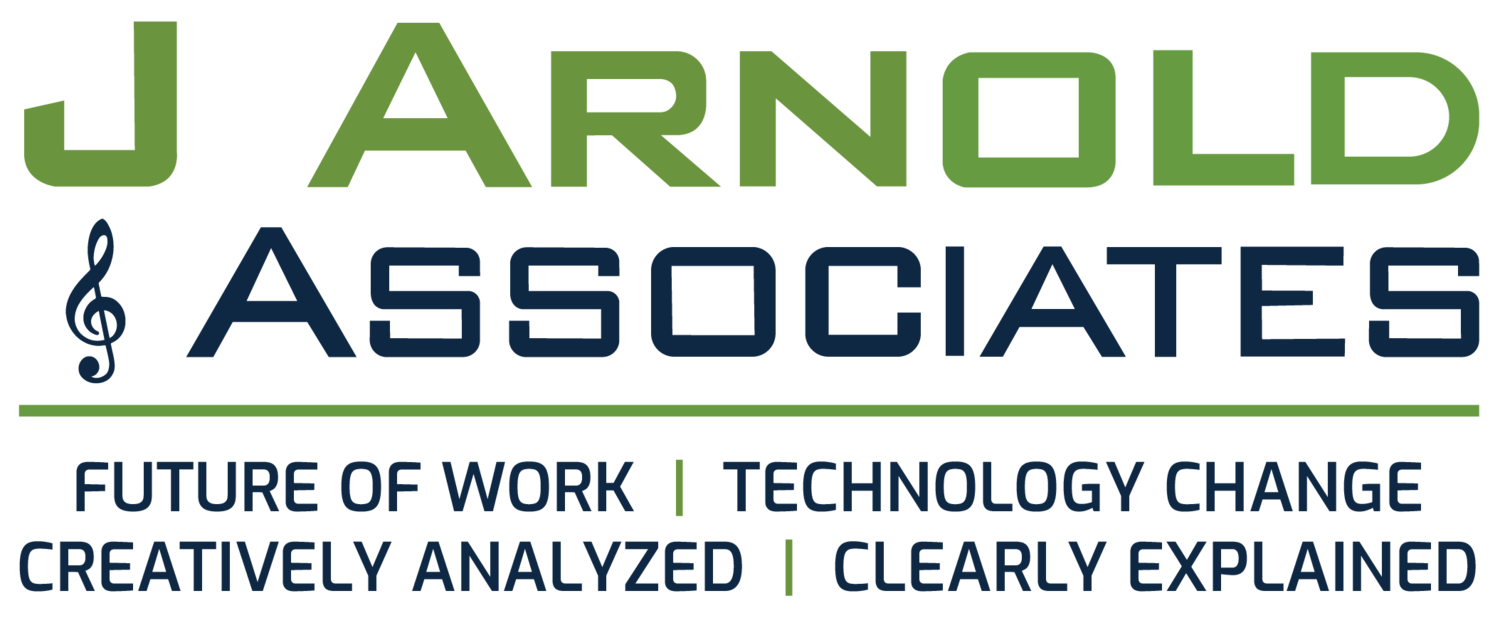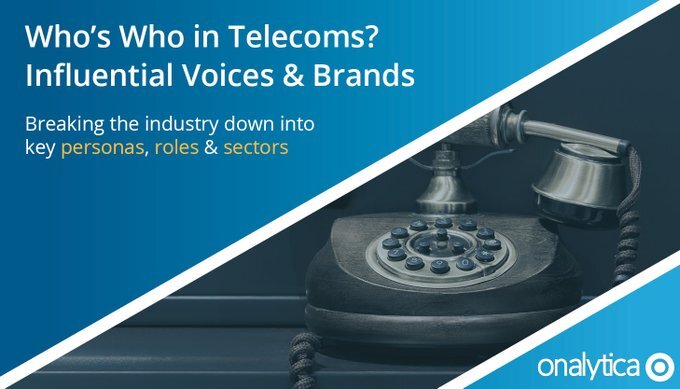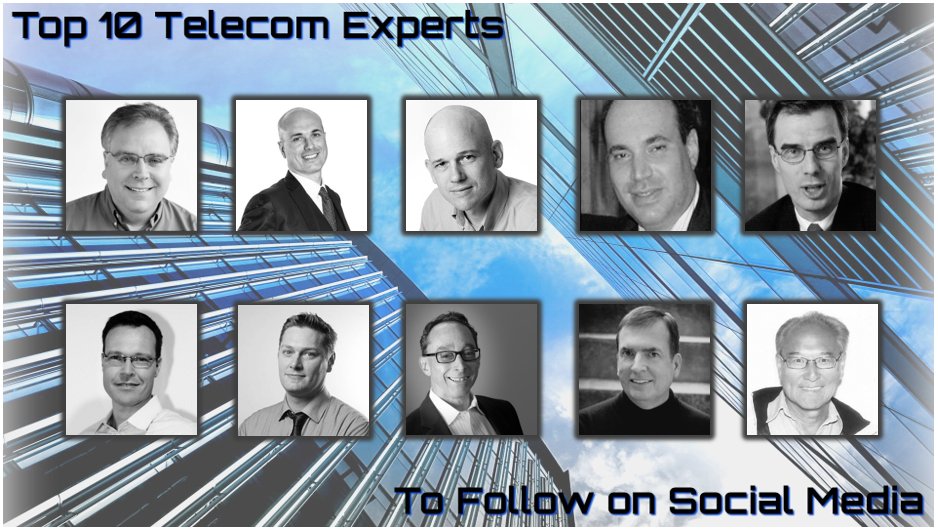Schulich Tech Leader Talk - Musing on AI and Machine Learning
/Got my MBA here in Toronto at the Schulich School of Business (nee York University) a long time ago, but I stay involved, and am part of the Technology Alumni Group, which you can follow and join here on Linkedin.
Last night, I attended their latest Tech Leader Talk event downtown, and the topic was a good one - the outlook for AI and machine learning (ML). If you follow me, you'll know that these technologies are finding their way into the UC/collaboration space, as well as customer care. While I didn't expect to hear much on that tangent, the bigger picture is of great interest on many levels. That said, two of the panelists did talk about marketing and customer journey applications, and that alone would have been enough for me.
In short, the panel was moderated by Jordan Jacobs of Layer 6 AI. Joining him were speakers from two household names - IBM and Salesforce, along with local startup Canopy Labs, and consulting firm Idea Couture.
Waving the hometown flag, Jordan started things off with some facts and figures touting how Toronto is a global leader in AI R&D, and just how in-demand data engineers are today, especially coming out of academia - wow. A bit late in the game for me, but not for my kids!
Otherwise, there was a lively roundtable discussion about all the cool applications coming, and akin to the Internet of Things, every industry, line of work, job, etc. is somehow going to be transformed by AI/ML in our lifetime.
Sure, the hype cycle is running hot, and these things always take longer than planned, and we've been hearing about AI for decades, but there's no doubt that the stars are lining up.
Of course, the audience was quick to ask about the implications, the downside, the ethics, etc. Lots of good discussion there, and one comment that I think resonated with everyone had to do with what jobs will be hot 10 years now.
No doubt there will be tons of jobs displaced in sectors like transportation and manufacturing, but the consultant, Shane Saunderson, posited that philosophers will be in big demand then. I'm with him on this, as once AI/ML matures enough to disrupt/transform daily life, we're going to need big picture thinkers to consider what it all means and understand the implications/opportunities for humanity and the planet. Sign me up!
That's all I have for now, but will leave you with two things. Below is not-great photo of Juan Carlos Sanchez of the Tech Alumni group introducing the panel. Secondly, the event was live-streamed on their Facebook page, so if you want to watch, here's the link.






















